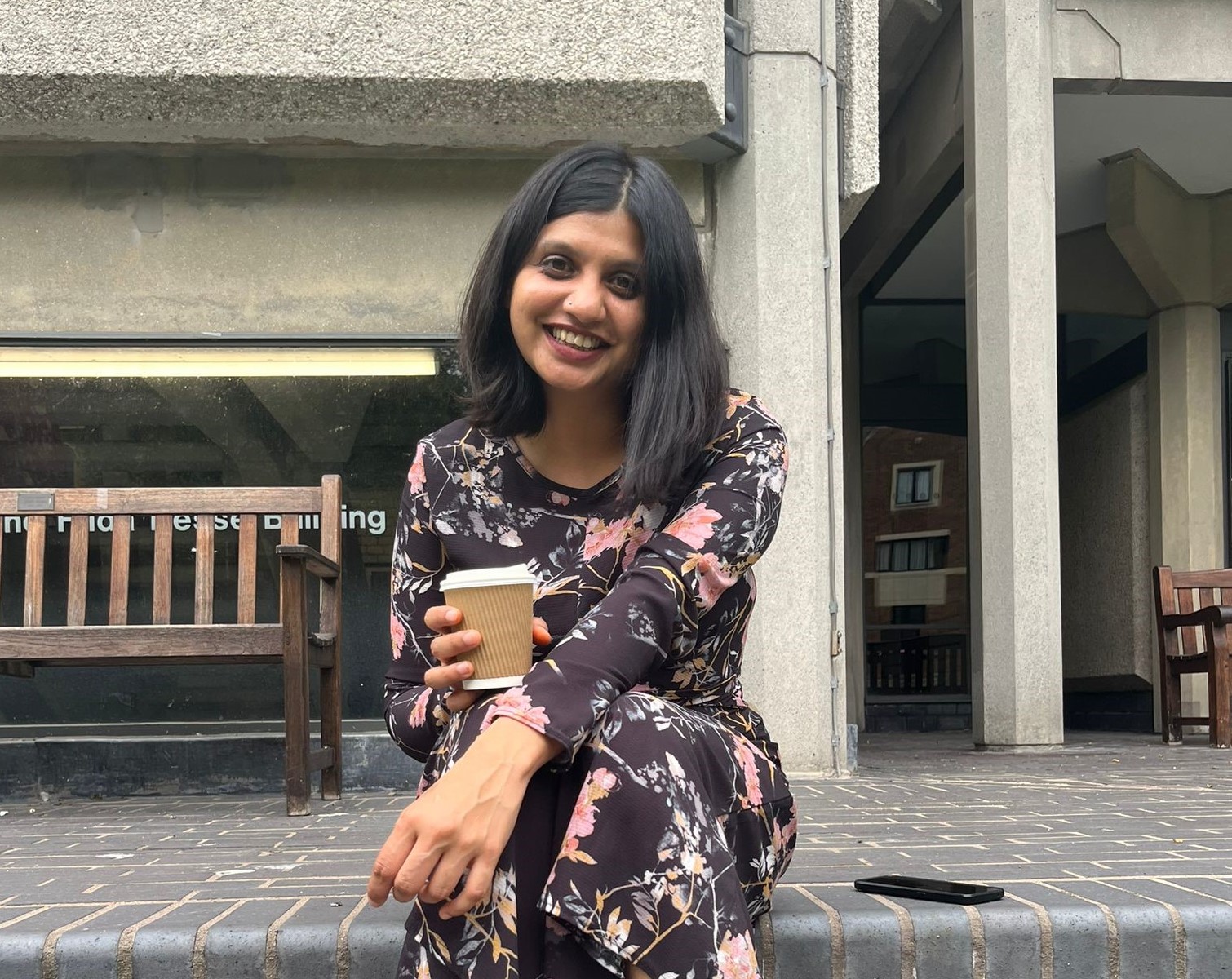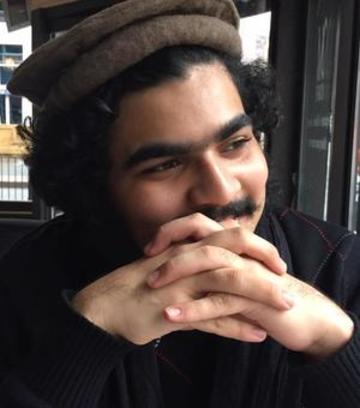Frere Exhibition for Indian Studies 2023 Recipients: Shireen Azam and Aftab Mallick
The Faculty of Asian and Middle Eastern Studies at the University of Oxford is proud to announce the winners of the Frere Exhibition for Indian Studies 2023: Shireen Azam and Aftab Mallick.

Shireen Azam
Shireen Azam is a DPhil researcher at the Faculty of Theology and Religion, University of Oxford (St Antony’s College). Her research is centred on the uncomfortable fit between caste and secularism, and specifically on the invisibilisation of caste among Muslims. She was formerly Assistant Editor at the journal Economic & Political Weekly, where she founded the digital platform EPW Engage - which opened a new digital chapter for the 7-decade-old journal and reimagined the possibilities offered by the digital medium for visualising and communicating research. She regularly writes in the media, with articles in the Caravan Magazine, Indian Express, Mint Lounge, Wire, etc.
I will use the Frere Exhibition Grant to be able to complete the final part of my DPhil thesis on ‘The Invisibilisation and Assertion of Muslim Caste in India’. Caste is one of the key organisational principles of South Asian society. However, caste has largely been seen as a ‘Hindu’ phenomenon, rendering its impact on other communities in India, especially the Muslims, invisible. Even as Muslims are constantly studied in intellectual discourse and spoken of in public and political discourse in India, they are understood within the frameworks of religious politics alone: secularism, communalism, nationalism, or in terms of their religiosity.
My thesis looks at two intersecting phenomena of caste among Muslims—its invisibilisation by state and policy discourse and its assertion by lower caste Muslim organisations and politics. It also grapples with what the entity of Muslim caste is, and what it means for persons from an ‘egalitarian’ religion to have a caste. Political discourse of 20th century India constructed the ‘Muslim’ solely as a religious minority. However, different Muslim castes carry their historical and present predicaments differently. Muslims carry caste in their occupations, the locations of their homes, the ability with which they can say the names of their communities and make jokes about each other. My thesis probes the entity of Muslim caste in three intersecting sites: (a) in policy discourses in colonial and Independent India, (b) in Muslim caste organisations (c) in ‘lower’ caste selves. In relating the histories of several backward caste Muslim organisations and the negotiations they have been making with state and policy at various levels – I contest standard trajectories of how ‘Muslim politics’ in India has been chronicled by historians and political scientists alike. Ultimately, the thesis thinks through what changes in how we understand India’s religious politics when we acknowledge caste in Muslims.

Aftab Mallick
I work on the construction of identity (ethnic and cultural origin, sectarian affiliation, genealogy and kinship) among élite social collectives, its relationship to status, and the representation thereof in pre-modern historiographic and ethnographic texts. My DPhil concentrates on the circulation of Iranian and Turco-Mongol élite groups and individuals across transregional networks between Transoxiana, Iran and Mughal India, and the emergence of a distinct status culture at the Mughal court in the 17th century. I am more generally interested in the interaction between state formation, commercial activity, and military-bureaucratic success, and situate my work within broader scholarship on political, cultural, and commercial integration in Early Modern Eurasia.
I am grateful for the generosity of the Frere Exhibition in supporting my work as a social and cultural historian of the early modern Persianate world. Thanks to the Exhibition’s support, I will endeavour to complete my work on the re-conceptualisation of the Mughal nobility’s memory and legacy in the 18th century as its descendants sought to adapt to a changing sociopolitical landscape. I will demonstrate how this historiographic moment led to the formation of ashrāf identity among the Indo-Muslim gentry as a status group in subsequent generations.
I approach my work as a kind of posthumous ethnography of now non-extant élite groups, and to recreate their world and worldview through study of the literary and historiographic texts they produced. There is a widespread dearth of research on social élites, whether due to contemporary sensibilities or the lack of survival of relevant materials. However, in the absence of an adequate understanding of these social collectives, our understanding of stratified, complex pre-modern states and societies as well as of their self-perception and scales of moral and political value will necessarily remain incomplete and defective.



